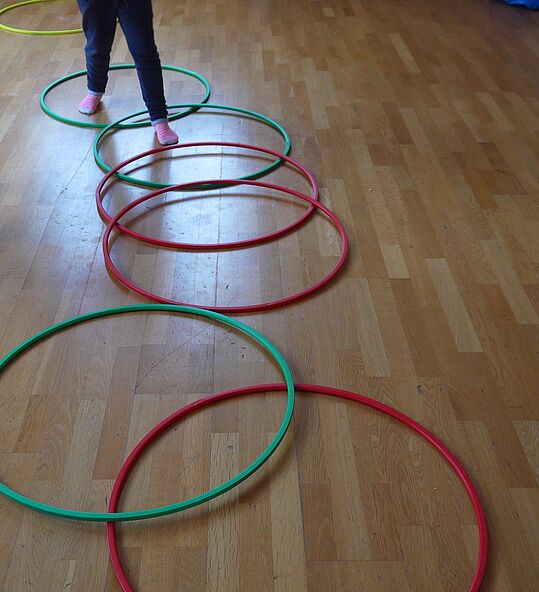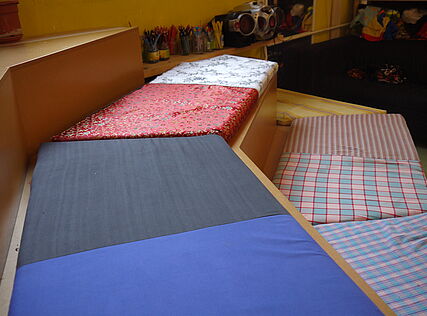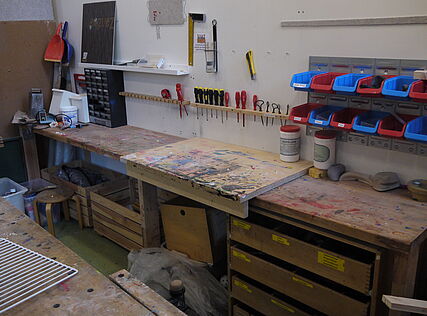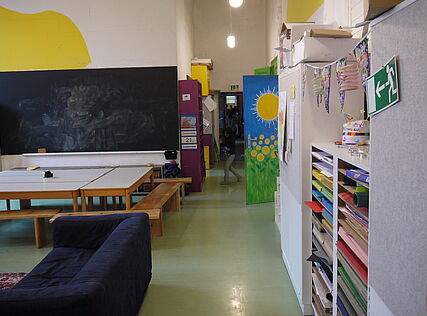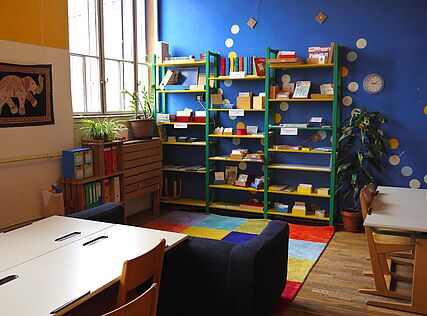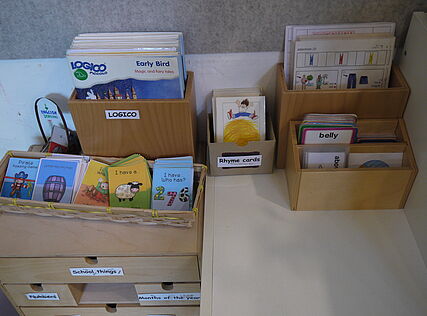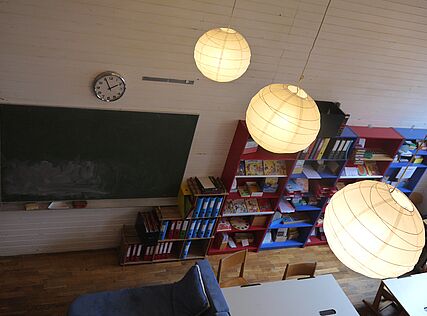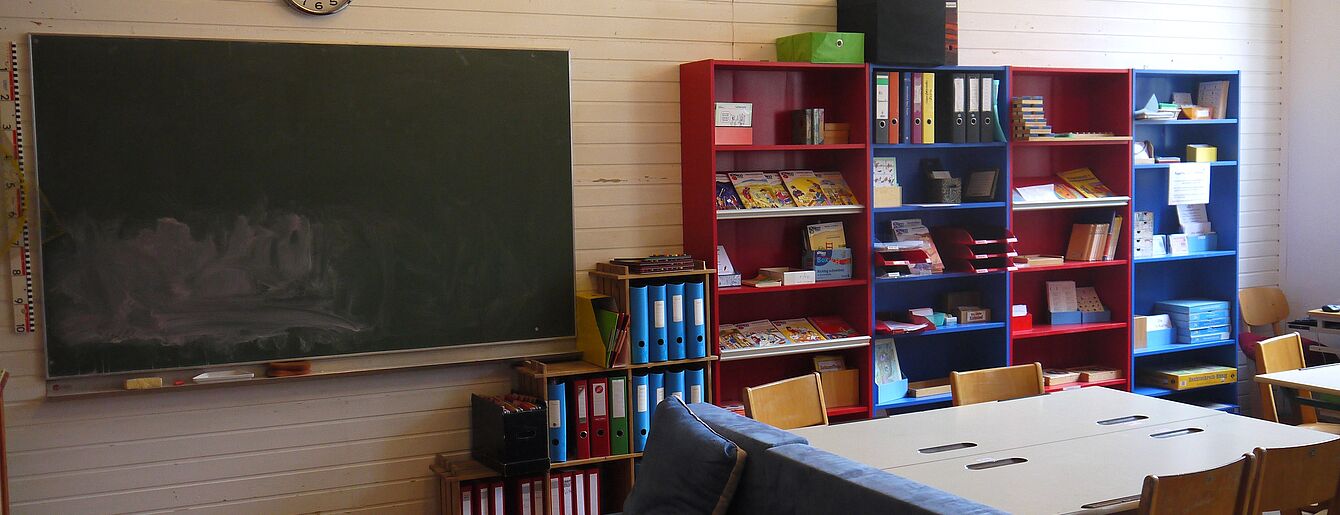
Vienna School Collective
Vienna School Collective is a habitat for children and adults alike.
Intellectual, social, emotional, and manual needs, requirements, and activities are all of equal importance. Gender sensitive conduct is our aspiration; its implementation is constantly being worked on.
The Vienna School Collective is grassroots democratic. It recognises the rights and competences of all – and naturally also those of the children – to represent, discuss, and co-decide one’s interests.
We want to create conditions…
...where children can grow up, learn, make new experiences, play, have exchanges with others – and above all, live – with pleasure and enjoyment and belief in their own skills.
...where children, teachers and parents shape their relationships in an emancipated and partner-like manner.
...where the school collective becomes a model for the enhancement of important facets of society such as democracy, self-organisation, self-determined life, and holistic development.
Learning takes place always and everywhere.
Holistic learning comprises body, spirit, and soul, and it is based on a holistic worldview. In addition to the advancement of the children’s knowledge, capacities, and skills, social togetherness with others plays a significant role in the Vienna School Collective. Social learning is an essential component of the schooling, thus confrontations and discussions are a part of daily life.
Grassroots Democratic Committee:
Meeting: The children regularly sit down together with the supervising teachers and discuss recent problems, school rules, school offers, desires and losses. Together solutions are found and tried out. The community as a grassroots democratic process in which all of the involved can learn.

